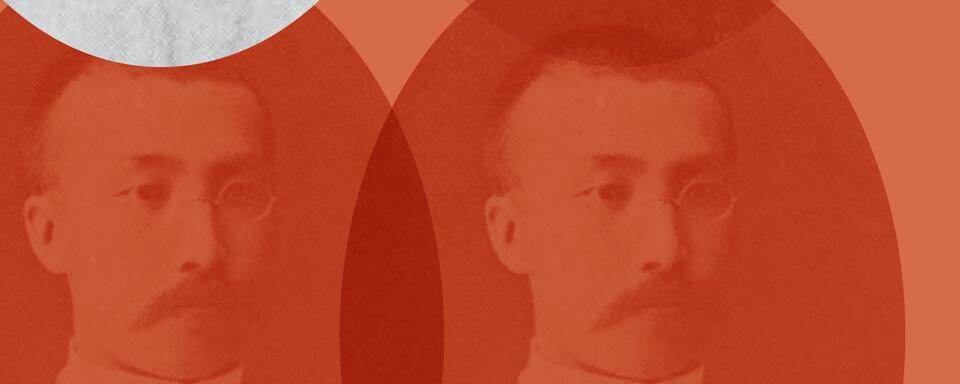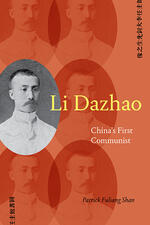
Li Dazhao: China’s First Communist
Guest post by Patrick Fuliang Shan
First of all, I want to clarify that I am not a communist, although I just authored a biography of a prominent communist, Li Dazhao: China's First Communist. I am a historian teaching Chinese history in the U.S. for decades. What made me feel disappointed was that not a single book length biography of Li Dazhao (1889-1927) in the West was ever published. The reasons for the lack of such a book were multiple. The shortage of primary sources would not allow anyone decades ago to write a comprehensive biography. Ever since the Cultural Revolution, however, more and more primary sources, journal articles, scholarly monographs concerning Li Dazhao become available. I made full use of those primary and secondary sources to write this first English biography.
Li Dazhao was an indispensable historical figure. Before he became China’s first communist, he was a democrat who pursued Western democracy for a long time. For years, he was a vanguard of the New Culture Movement during which he published productively to champion democracy, liberty, and freedom. He called on the Chinese to revive the old civilization by accepting new ideas, promoting democracy, and implementing constitutional rule. He rejected the idea of inserting Confucianism into China’s constitution, because he considered the millennially old ideology obsolete to modernity.
The driving force behind Li Dazhao’s cultural and political pursuit was his strong nationalism. At first, his nationalism was his simple passion for his country. Then, it was intermingled with the anti-Manchu sentiment. Later, it was intertwined with anti-imperialist ideas. His pursuit of democracy was to turn his country into a modern, prosperous, independent, and liberal nation-state. Finally, however, he believed that communism was a panacea to cure all the ills of his country.
Li Dazhao’s life went through a number of important stages. First, he accepted a traditional education in Confucian classics, purporting to pass the imperial examination to be an official. Then, he accepted a modern education after 1905. His study abroad in Japan opened a new vista to him to pursue Western learning. After his return to China, he became a prolific author spreading democratic ideas. Then, he was hired by China’s most prestigious institution, Beijing University, as the chief librarian and then as a professor. It was at this university that he became a pioneer for a new culture and a leader of the May Fourth Movement.
Westerners are often puzzled at the reason why the Chinese accepted communism. To find the answer, we have to know more about Li Dazhao, because he was the first Chinese to accept this foreign ideology. Li embraced communism during the whirlpool of the May Fourth Movement in 1919. Around this time, strong powers at the Paris Peace Conference decided to transfer the former German colonial privileges in Shandong to the Japanese Empire, which infuriated the Chinese people. Being bitterly disappointed, Li Dazhao turned to communism which he saw as a way of national salvation. Then, he coached a lot of young Chinese students to be communists. More importantly, he later co-founded the Chinese Communist Party.
In the last years of his life, Li Dazhao worked diligently for the Chinese revolution. He led the worker’s movement, forged a united front with Sun Yat-sen, cooperated with Soviet Russia, and fought bravely against and Chinese warlords and the imperialist powers. That was why he was arrested by the warlord Zhang Zuolin who put Li on a secret trial and killed him shortly, which proves that that he had sacrificed his own life to the cause he had chosen.
Although Li Dazhao’s life was short, he had played an important role in the shaping of the then most populous country in the world. In a number of ways, he directed his nation into a new path. He was originally a theoretician; yet he became a professional revolutionary during his last years. For us, though, he is a key to open the door leading to the complicated history of modern China.
Patrick Fuliang Shan is a professor at Grand Valley State University in Michigan, where he teaches Chinese history, East Asian history, and world history. He is the author of Taming China’s Wilderness (2014), Yuan Shikai: A Reappraisal (2018), and many journal articles.


